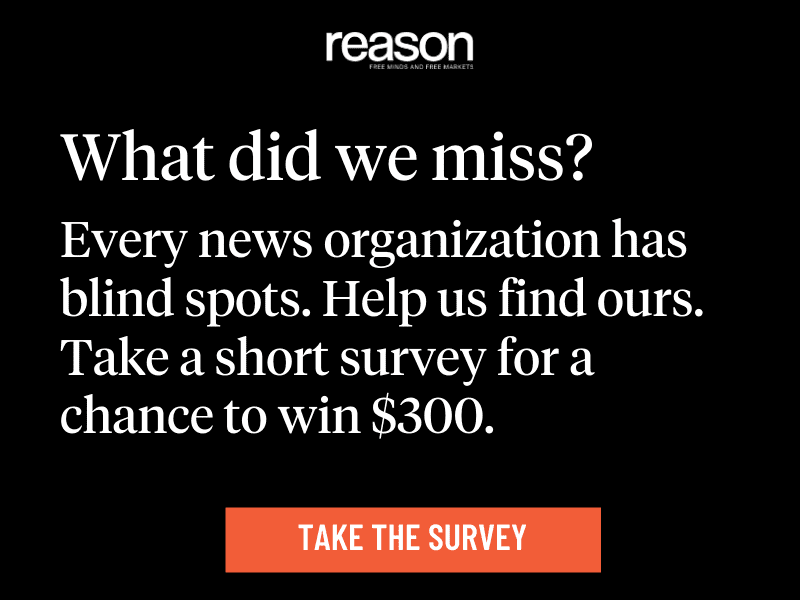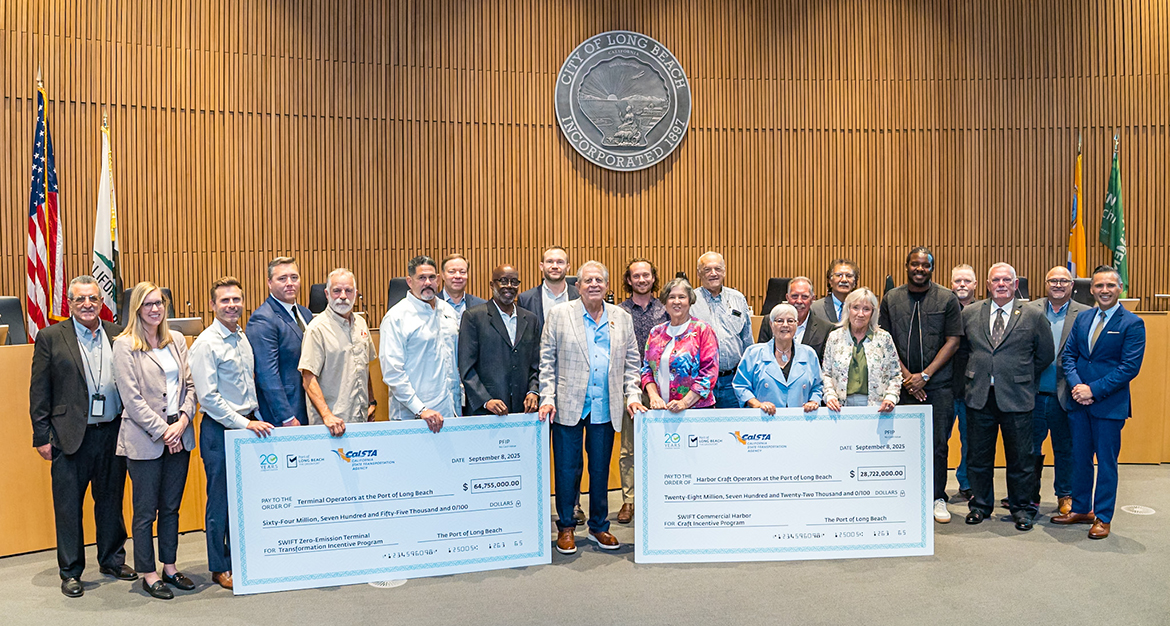Transgender Kent State Prof Loses First Amendment + Discrimination Claim Related to “Weeks-Long, Profanity-Laden Twitter Tirade Insulting Colleagues and the University”
By Eugene Volokh
Copyright reason

The tweets are insulting, disparaging, and targeted. They use profanities, and they describe Munro-Stasiuk and Mazzei in terms of their race and sex. Complaining about and insulting your coworkers simply doesn’t implicate a matter of public concern.
Patterson frames the tweets as publicizing Kent State’s alleged transphobia and exposing discrimination in the workplace. In fairness, a few tweets do make more general references that sound less like targeted insults. For example, one tweet states: “Academia is fundamentally racist, heterosexist, cissexist, ableist, classist & sexist.” In isolation, perhaps that qualifies as protected speech. But the tweet is swarmed on either side by other attacks on Munro-Stasiuk and Mazzei. Indeed, that same tweet’s very next sentence accuses Professor Mazzei of “violen[ce].” A public employee can’t blend protected speech with “caustic personal attacks against colleagues,” and then use the protected speech to immunize those attacks.
And even if the tweets did involve a matter of public concern, they still wouldn’t receive protection. Kent State’s interest as an employer in administering effective public services outweighs Patterson’s interest in this kind of trash talk.
There’s a way to raise awareness of discrimination without engaging in profanity-laced and race- and sex-based aspersions against colleagues. The tweets created serious strife within the Kent State community, causing Munro-Stasiuk and Mazzei to feel harassed and insulted. And it led to a dysfunctional work environment for several months.
Mazzei had to text Munro-Stasiuk, for example: “I’m really thinking continuing [having Patterson involved] is unhealthy for the potential program and school, at this point. It’s clearly already having an impact. I have concerns.” Munro-Stasiuk also testified to how noxious things had gotten. “The foundation of [revoking the offer],” she stated, “was the toxic, hostile tweets that Dr. Patterson had been posting over the course of over a month …. [I]t was escalating, continually targeting [Mazzei], in particular, continually targeting Lauren Vachon and Suzanne Holt, to a certain extent myself.” The Dean discussed how Patterson had “show[n] over, and over, and over again” a refusal to be collaborative or respectful and was “completely trying to undermine the process.” In short, Patterson had compromised any “ability to lead any initiative” and any “ability to work in the Center, or the [major.]”
Kent State’s business is educating students. When an employee seriously undercuts the university’s power to do its basic job, the Constitution doesn’t elevate the employee over the public that Kent State exists to serve.
All told, “[t]he First Amendment does not require a public employer to tolerate an embarrassing, vulgar, vituperative, ad hominem attack, even if such an attack touches on a matter of public concern.” When “the manner and content of an employee’s speech is disrespectful, demeaning, rude, and insulting, and is perceived that way in the workplace, the government employer is within its discretion to take disciplinary action.”



